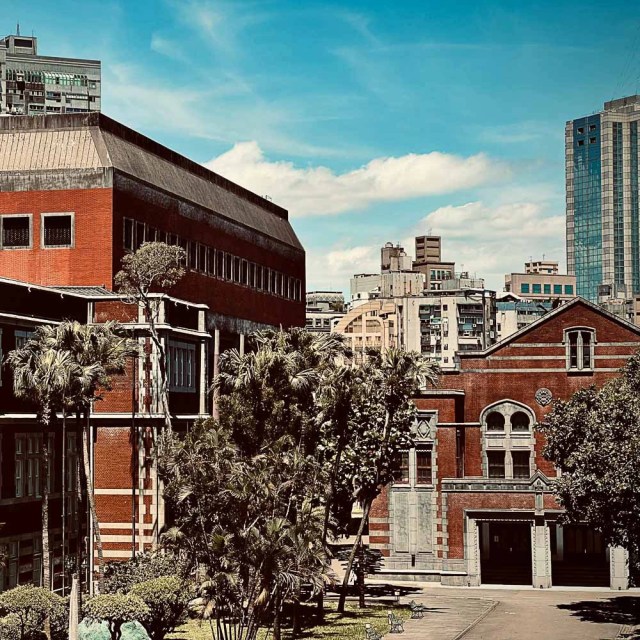The Story of Vanuatu

If it were not for the fact that the TV program Survivor featured the island nation of Vanuatu most Americans would never even have heard of the place. When I stepped off the plane onto the lush tropical island of Santos, I began to wonder if I had not made a mistake. I was told that malaria was prevalent, that drinking water was rain water, and electricity was not available out in the villages. So why was I in Vanuatu? The reason I was in this South Pacific nation highlights a quiet but growing aspect of Mission to the World’s ministry. It is the foundational importance of theological education in the task of church planting.
Consider the history of the Christian church in Vanuatu. Amazingly it is a Presbyterian Church birthed in the 19th century by Scottish Presbyterian missionary John G. Paton.
When Paton and his young wife first set foot on the island of Tanna in the year 1858, they were acutely aware that the natives he hoped to evangelize might eat them for supper. (Missionaries who had preceded him had in fact been devoured before sunset on the day of their arrival.) Paton wrote that, “His spirit, like leaven, was at work! A new lifestyle supplanted old hostilities. Thefts, quarrels, crimes, were settled now, not by club law but by fi ne or bonds or lash as agreed upon by chiefs and their people. Everything was rapidly and surely becoming ‘new’ under the influence of the leaven of Jesus. Huts and plantations were safe … heathen worship was gradually extinguished; and though no one was compelled to come to church, every person in Aniwa, without exception, became before long an avowed worshiper of Jehovah.”
Why then would Mission to the World begin mission work in Vanuatu in 2004? It would seem the work is done. But what the church in this land lacks is solid theological education. Since the days of Paton a great deal of liberalism has crept into the church as they have sent their ministers to Fiji for training. Even more alarming is the fact that cults are growing both within villages and even Christian churches. One island has many villagers who worship a mysterious World War II G.I. named John Frum. He is said to live within the island’s volcano, and will return some day with many “goodies.” There are even churches that have Mormon pastors.
I relate this story to you so you will be able to see how important theological education is to the planting of churches around the world. Reformed theology builds churches that are God-centered rather than man-centered, and covenantal theology grounds believers in the Scriptures so they are able to withstand the attacks of unbelief. This emphasis on sound theological education is a strength that the PCA brings to the mission world.
What does it gain us if we plant churches that are initially full, only to find them dwindle because the teaching is biblically weak and doctrine glorifies man rather than God?





